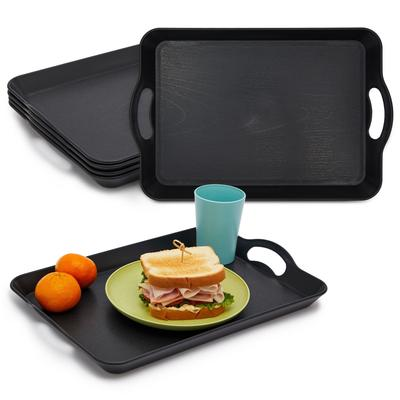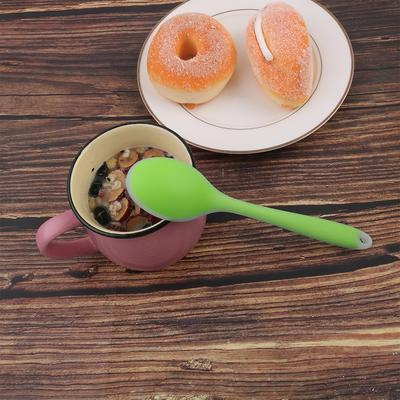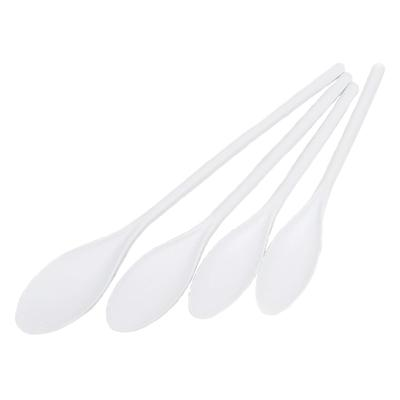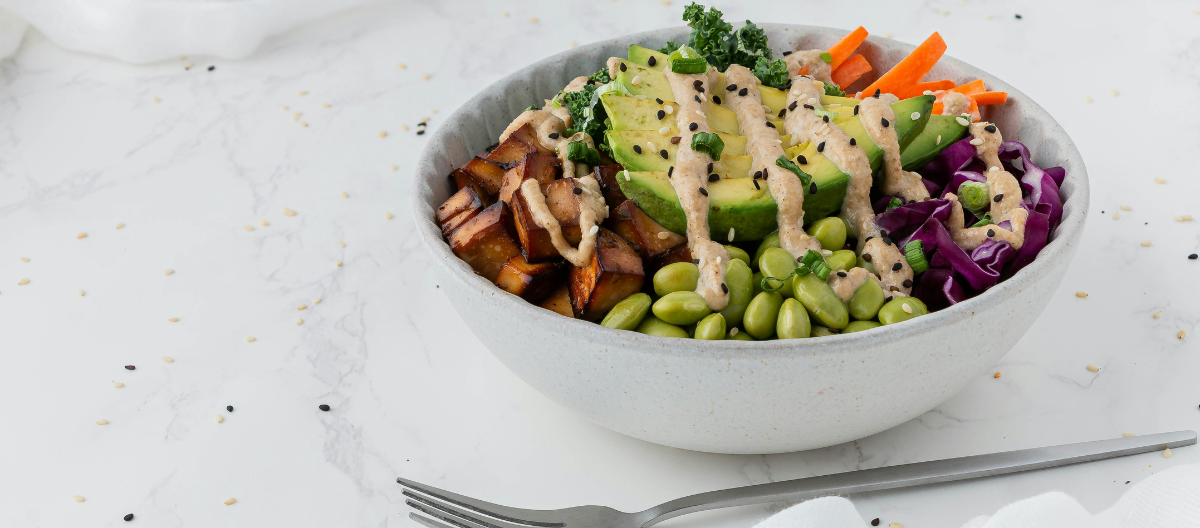Hey Diva dressing fans! When the items we love coincide with brands we work with, Diva dressing will use Paid Links in our articles. If you decide to click on these links and purchase the product, we get a small commission. Our Opinions Are Our Own, but we do add Paid Links as a way to offer these products at no added cost to our readers. Want to know more? Click Here to check out our Terms of Use anytime!
Clean eating has become a popular lifestyle choice for those looking to improve their health and overall well-being. But what exactly is clean eating, and how can you start this approach to food? At its core, clean eating emphasizes consuming whole, minimally processed foods that are as close to their natural state as possible. This not only supports your physical health but can also positively impact your mental well-being. Below, we’ll explore the many benefits of clean eating and provide a practical guide to help you get started.
Clean eating is not about adhering to strict diets or completely cutting out food groups. Instead, it’s about making informed and thoughtful choices that prioritize nutrient-dense foods while reducing the intake of highly processed, sugary, and unhealthy options. The focus is on eating real, whole foods that nourish your body.
Clean eating encourages:
- Whole grains, vegetables, fruits, lean proteins, and healthy fats
- Minimally processed foods
- Foods with no artificial additives, preservatives, or chemicals
- Drinking plenty of water and staying hydrated
- Preparing your own meals to have control over ingredients
Benefits of Clean Eating
Improved Nutritional Intake Clean eating ensures that you are getting the full range of essential vitamins, minerals, and antioxidants your body needs. Since you’re focusing on whole foods, you’re more likely to consume nutrient-rich meals that fuel your body properly.
Boosted Energy Levels Highly processed foods can cause energy crashes due to refined sugars and unhealthy fats. Clean eating, with its focus on nutrient-dense foods like vegetables, lean proteins, and whole grains, provides a steady and lasting source of energy throughout the day.
Better Digestion Clean eating emphasizes fiber-rich foods like fruits, vegetables, and whole grains, which are essential for good digestion. High-fiber diets can help prevent constipation, reduce bloating, and improve gut health.
Weight Management By cutting out processed foods and focusing on whole, nutrient-dense options, clean eating naturally leads to better portion control and healthier food choices. This can help with weight loss or maintaining a healthy weight without the need for restrictive diets.
Reduced Risk of Chronic Diseases Eating whole, unprocessed foods reduces the intake of harmful additives, unhealthy fats, and refined sugars that contribute to conditions like heart disease, diabetes, and hypertension. Clean eating supports heart health, balances blood sugar levels, and promotes longevity.
Clearer Skin The antioxidants and nutrients from clean eating help promote healthier skin by fighting inflammation and promoting cell repair. Reducing processed foods that are high in sugar can also help prevent breakouts and improve skin texture.
Improved Mental Health Studies have shown that diets rich in whole, nutritious foods can help improve mental clarity, reduce stress, and even combat symptoms of depression and anxiety. Clean eating supports brain health by providing the nutrients that help regulate mood and cognitive function.
Stronger Immune System Whole foods like leafy greens, berries, nuts, and seeds are packed with antioxidants and vitamins that support your immune system. A strong immune system can help you fend off illnesses and recover more quickly when you do get sick.
Environmental Benefits Clean eating often goes hand in hand with supporting sustainable and environmentally friendly food choices. By choosing whole, organic, and locally sourced foods, you reduce your carbon footprint and contribute to more sustainable agricultural practices.
How to Start Clean Eating
Starting a clean eating routine doesn’t have to be overwhelming. By following some simple steps, you can gradually transition into this healthier lifestyle:
Focus on Whole Foods
The foundation of clean eating is consuming whole foods that are unprocessed or minimally processed. Opt for foods like:
- Fresh fruits and vegetables
- Whole grains like quinoa, brown rice, and oats
- Lean proteins such as chicken, turkey, fish, eggs, and plant-based options like beans and lentils
- Healthy fats from avocados, nuts, seeds, and olive oil
Read Labels Carefully
When buying packaged foods, make sure to read the labels. Look for products with minimal ingredients, and avoid those with artificial additives, preservatives, and chemicals. As a rule of thumb, if you can’t pronounce an ingredient, it’s best to avoid it.
Cut Back on Refined Sugars
One of the biggest changes you can make is to reduce your intake of refined sugars, which are often hidden in processed foods, sauces, and beverages. Replace sugary snacks with natural alternatives like fresh fruit, and opt for natural sweeteners such as honey or maple syrup in moderation.
Prepare Your Meals at Home
Preparing meals at home gives you full control over the ingredients you use. This makes it easier to ensure that you’re eating clean, nutrient-rich foods. Start with simple recipes and gradually experiment with more complex dishes as you gain confidence.
Drink Plenty of Water
Staying hydrated is a crucial part of clean eating. Drinking water helps flush toxins from your body, supports digestion, and keeps your skin looking fresh. Try to drink at least 8 glasses of water a day, and avoid sugary drinks or sodas.
Limit Processed Foods
Highly processed foods like chips, candy, prepackaged meals, and sugary cereals are often loaded with unhealthy fats, sugars, and preservatives. Swap these foods for healthier alternatives, like whole grain crackers, nuts, fresh fruits, and homemade snacks.
Incorporate Healthy Fats
Don’t shy away from fats when clean eating, as long as they are healthy sources. Avocados, nuts, seeds, and olive oil are excellent sources of monounsaturated fats that can benefit heart health and reduce inflammation.
Balance Your Plate
Strive to build a balanced plate that includes lean proteins, healthy fats, fiber-rich vegetables, and complex carbohydrates. This will help you stay full and satisfied while providing your body with the nutrients it needs to function at its best.
Limit Alcohol and Caffeine
While occasional consumption is fine, try to reduce your intake of alcohol and caffeinated beverages, as they can contribute to dehydration and disrupt sleep. Instead, opt for herbal teas, water, or natural fruit juices.
Plan Ahead
Meal planning can be a game-changer for clean eating. Set aside time each week to plan your meals, shop for ingredients, and prepare your meals in advance. This will make it easier to stick to your clean eating routine and avoid unhealthy convenience foods.
Here are some products that can help in your kitchen

4 Pack Black Plastic Serving Tray with Handles for Eating $44.49

Silicone Dinner Dessert Spoon Serving Eating Utensil $7.64

Expobazaar Longpi Pottery Snack Bowl $6.89

Chef Craft 4pc White Poly Kitchen Mixing Spoon Set $8.83

Wooden Curved Tip Tea Tongs Kitchen Tongs Utensil $8.92



